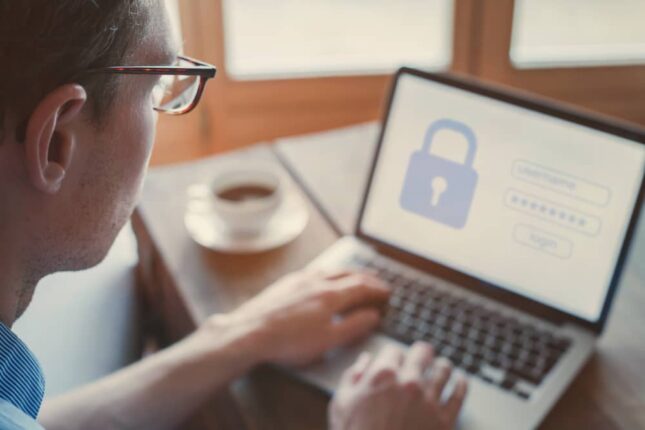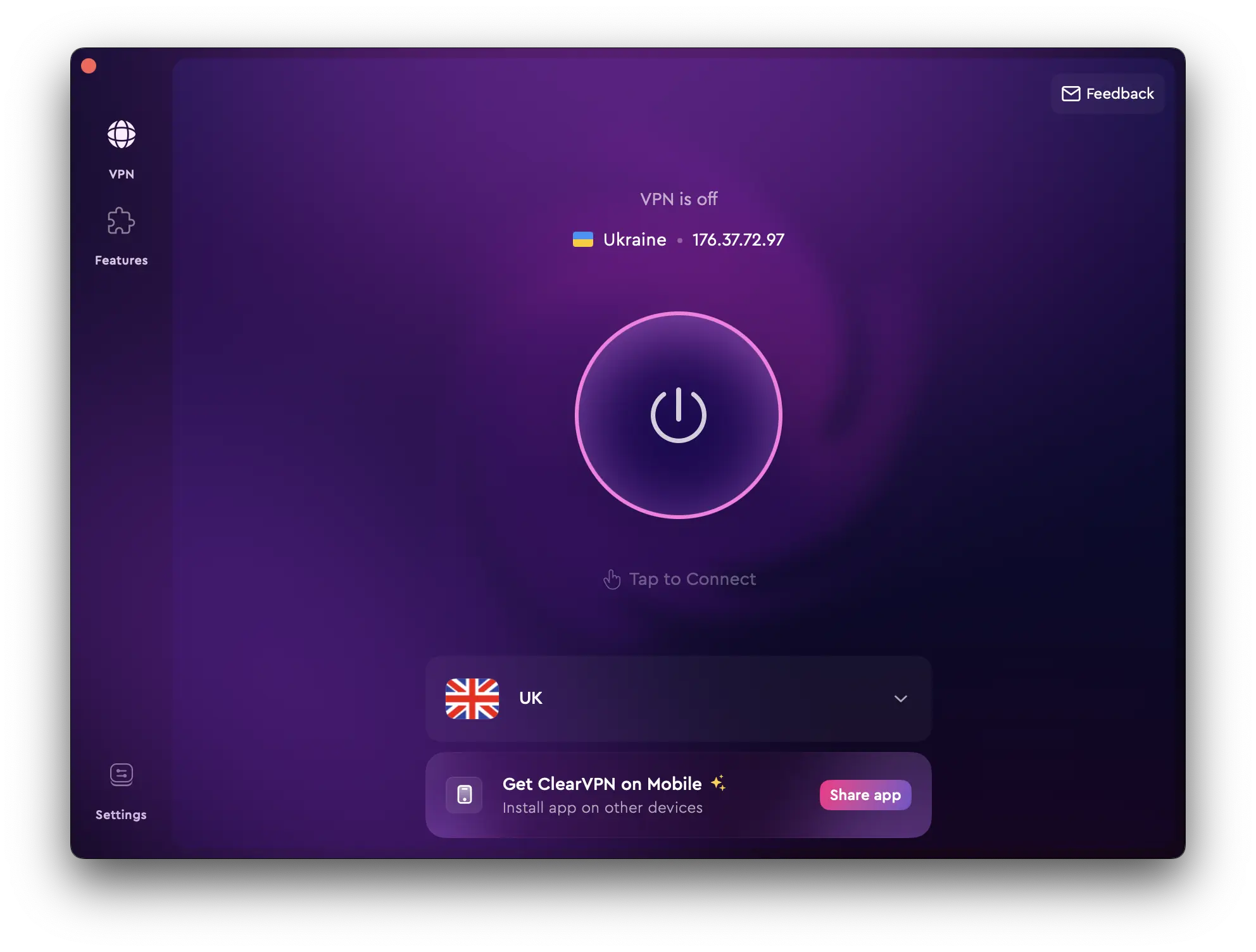In this digital age, we constantly share personal information with technology companies and other third-party entities. It is more important than ever to protect our internet privacy and understand the different ways we can do so. In this article, we will explore what internet privacy is and why it is crucial. We will also look at some of the best ways to protect your privacy in 2024 and beyond.
What is Internet privacy?
Now first thing first — what exactly is internet privacy? Well, basically, it’s the right to keep your personal information private and confidential. This includes your name, address, phone number, email address, and browsing history.
Most people don’t realize it, but we constantly share our personal information online. Every time we browse the web, use social media, or even connect to a Wifi network, we give away some of our personal data.
And while some of this information may not seem like a big deal, it can be used to track your movements, learn your habits, and even target you with ads. That’s why it’s so important to be aware of how we share our information and take steps to protect our internet privacy.
Internet privacy issues
As we mentioned, the last few years have seen several high-profile privacy scandals. From the Cambridge Analytica scandal to the Equifax data breach, it’s clear that our personal information is at risk. And with the recent passage of the CLOUD Act, it’s only going to become easier for companies to collect and share our data.
The CLOUD Act, or the Clarifying Lawful Overseas Use of Data Act, is a new law allowing the US government to request data from companies based outside the country. This means that even if you’re using a service based in another country, the US government can still request your data and while the law does include some protections for users, it’s still a big step backward for internet privacy.
How to improve online privacy and security
Now that we’ve seen some of the ways our personal information is at risk, let’s take a look at some of the best ways to protect our privacy. We’ll approach the matter on two fronts — steps or precautions to protect your web privacy and how to improve your internet security.
How to protect your online privacy
The good news is that there are several things that you can do to protect your internet privacy, and it’s not as complicated as people think. Most of them are just common sense and being aware of how you share your information.

Here are some tips to get you started:
- Be aware of how you share your information: This includes filling out forms, using social media, and even browsing the web. Always be mindful of the information you are sharing and only share what is necessary.
- Use strong passwords: This is one of the most important things you can do to protect your online accounts. Make sure to use strong passwords for each account, and never reuse passwords.
- Keep your software up to date: This is important for your privacy and security. Make sure to keep your operating system, web browser, and any other software up to date with the latest security patches.
- Use Two-Factor Authentication: This is an extra layer of security that can help protect your accounts. With Two-Factor Authentication, you’ll need to enter a code from your phone or another device in addition to your password.
- Keep your accounts private: This is important for privacy and security. Make sure to keep your account information, such as passwords and usernames, private.
How to improve your Internet security
Now the precautions mentioned above will help protect your privacy, but they won’t do much to enhance your internet security. For that, you’ll need to take some additional steps:
- Use a VPN (Virtual Private Network) — It’s a great way to improve your internet security. A VPN encrypts your traffic and routes it through a server in another location. This makes it much harder for anyone to snoop on your traffic or track your movements online. We recommend signing up to ClearVPN, it has AES-256 (the best industry-standard encryption), cutting-edge protocols, and a strict no-longs policy.
- Install security software — This is a must if you want to keep your computer and devices safe. Make sure to install a good antivirus program and firewall, and keep them up to date.
By following the tips above, you can help protect your privacy and improve your internet security. And again, it’s always a good idea to be aware of how you share your information. For example, if you’re uncomfortable with a website or app accessing your location, don’t allow it. A little effort and proactivity can go a long way in keeping your personal information safe and secure.
FAQ
Why are internet privacy issues so important?
It’s essential to be aware of internet privacy issues because they can significantly impact your personal life. For example, if you share too much information online, you could risk identity theft or fraud. And if your personal information is leaked, it could be used to exploit or even blackmail you.
So it’s essential to be careful about how you share your information online and take steps to ensure information privacy.
What are some common ways my online privacy is at risk?
There are several ways your personal information can be at risk. For example, if you use social media, the way you share your information could put you at risk. If your Facebook page is not set to private, anyone who has a Facebook account can view your page and find out information about you. Even browsing the web can be risky, as third-party companies can collect your personal data.
In general, it’s vital to be aware of how you share your information and only share what is absolutely necessary.
Can I use a free VPN to protect my internet privacy?
There are many free VPNs out there, but we don’t recommend them. Free VPNs are often supported by ads, which means your personal information could be collected and sold to third-party companies. And free VPNs often have weak security, which means your traffic could be easily snooped on or even hacked.
So if you’re serious about protecting your internet privacy, we recommend using a reputable premium VPN service like ClearVPN.
ClearVPN offers military-grade encryption, which means your traffic is safe from snooping and hacking. And their strict no logs policy means your personal information will never be stored or shared. Plus, you can connect to over 40+ locations worldwide so that you can browse the web anonymously from anywhere. Here is how to do this:
- Go to ClearVPN homepage
- Download the app for free.
- Create your account.
- Launch the ClearVPN app.
- Click on the big button.
- That’s all, now you are protected.

While it is hard to predict the future, we can be sure that internet privacy will only become more critical as Internet technology advances. We hope this article has given you a better understanding of internet privacy and why it matters.
